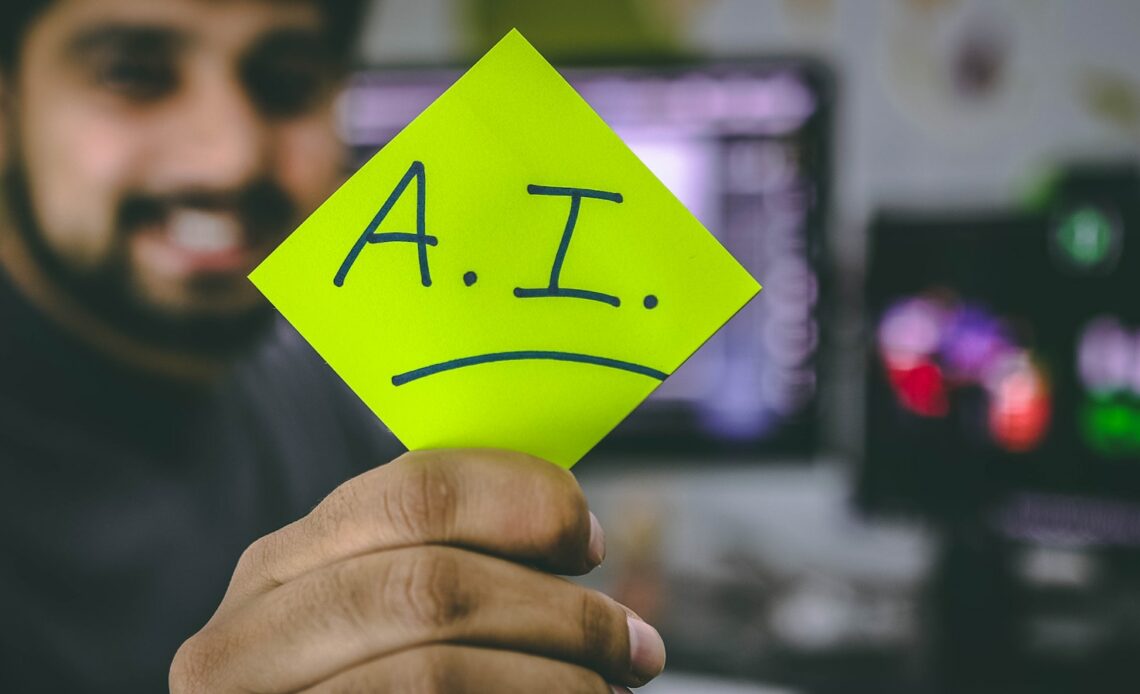Introduction
In our relentless pursuit of progress, we’ve unleashed a force of unprecedented potential: artificial intelligence (AI). This technology, which once occupied the realms of science fiction, now pervades every aspect of our lives, from the mundane to the extraordinary. But as we stand on the cusp of an AI revolution, we must ask ourselves: at what cost does this progress come? This blog post delves into the ethical quandaries presented by AI and underscores the imperative of balancing innovation with moral responsibility.
The Promise of AI
The allure of AI lies in its ability to redefine the possible. It promises a future where machines not only complement human abilities but also enhance them. Here are some of the ways AI is set to transform our world:
- Enhancing Precision: Whether it’s predicting weather patterns or diagnosing diseases, AI’s ability to process and analyze vast datasets can lead to more accurate and timely decisions.
- Automating Tasks: By taking over repetitive and time-consuming tasks, AI allows humans to focus on creative and strategic activities, potentially unlocking new realms of productivity.
- Improving Quality of Life: AI has the potential to democratize access to services and information, providing personalized experiences and supporting individuals with disabilities.
Ethical Challenges
The path of AI, however, is strewn with ethical landmines. As we integrate these systems into the fabric of society, we must navigate these challenges with care:
Bias and Discrimination
One of the most pressing concerns is the propensity for AI to perpetuate and even exacerbate existing societal biases. The data that feeds AI algorithms can reflect historical inequalities, leading to outcomes that unfairly discriminate against certain groups. This is particularly evident in areas like criminal justice and hiring, where biased algorithms can have life-altering consequences.
Privacy Concerns
The digital footprints we leave behind are the lifeblood of AI systems. But as these systems become more adept at parsing through our data, the boundary between public and private life blurs. The ethical use of data, particularly in ensuring consent and protecting individual privacy, becomes a critical issue to address.
Accountability
When AI systems make decisions, the lines of accountability can become murky. If an autonomous vehicle causes an accident, who is at fault—the manufacturer, the software developer, or the AI itself? Establishing clear accountability frameworks is essential to maintain trust and manage risk.
Balancing Act
To ensure that AI serves the greater good, we must strike a delicate balance:
- Transparent Algorithms: Demystifying the inner workings of AI systems can foster trust and allow users to understand and challenge decisions.
- Inclusive Design: Building AI with diverse teams and perspectives can help mitigate biases and ensure that the benefits of AI are widely distributed.
- Regulatory Oversight: Thoughtful regulation can provide guardrails for ethical AI development, ensuring that progress does not come at the expense of societal values.
The Role of Ethics in AI
Ethics must be woven into the very fabric of AI development. This requires a multifaceted approach:
- Ethical Frameworks: Developing and adhering to a set of ethical guidelines can steer AI development in a direction that aligns with our values.
- Education and Awareness: Equipping developers and users with the knowledge to understand the ethical implications of AI is crucial for responsible deployment.
- Public Engagement: Fostering a dialogue between technologists, ethicists, policymakers, and the public can ensure that AI evolves in a way that reflects the diversity of societal values.
Conclusion
The journey of AI is as much about navigating the moral compass as it is about technological breakthroughs. As we chart the course of AI’s future, we must ensure that each step forward is taken with a keen awareness of the ethical terrain. By embracing a philosophy of responsible innovation, we can harness the power of AI to create a future that respects and uplifts humanity.
This expanded blog post offers a deeper exploration into the ethical dimensions of AI. It serves as a starting point for a broader conversation on how we can align technological progress with our collective moral framework. The future of AI is not just a tale of algorithms and applications; it’s a narrative shaped by the ethical choices we make today.



